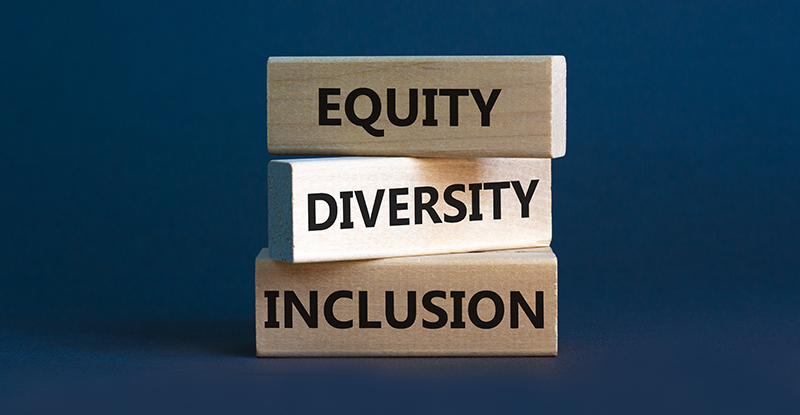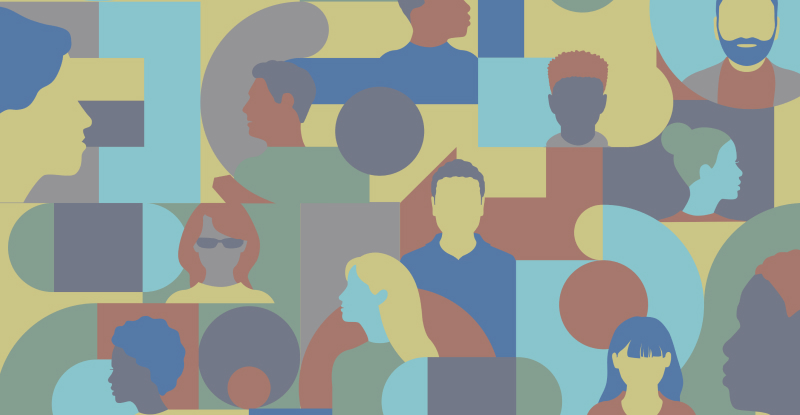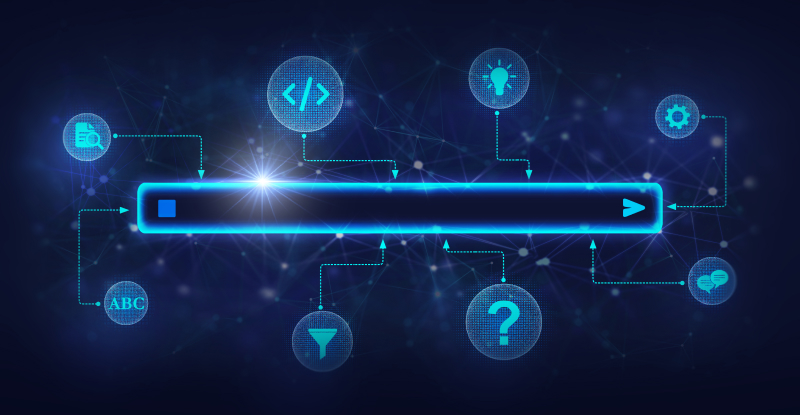
The business case for equity, diversity, and inclusion (EDI) continues to increase, with a recent study showing that when it comes to ethnic diversity, top quartile companies are 36% more likely to financially outperform less diverse peers. What are some key ways that organizations are advancing their efforts to support all people to achieve their goals? At CPABC, we recently established our EDI Alliance Employee Group which has set several areas of focus, including producing educational resources for staff on neurodiversity and diverse abilities.
To further explore how we can advance EDI in the workplace and corporate Canada, I recently chatted with Paula Presta, CPA, CA. Paula is a partner at KPMG Private Enterprise in Kamloops and is a member of KPMG's National Executive Inclusion, Diversity, and Equity (ID&E) Council.
Listen to the full interview in this podcast episode. Below are some highlights from the conversation.
I want to ensure we have a workplace where people can pursue their definition of career success without barriers. We hear all the time, “If you can see it, you can be it.”
Amy: Why are equity, diversity, and inclusion priorities for you?
Paula: Honestly, it's personal. As a woman in a traditionally male-dominated field – especially where we saw huge gaps in women, people of colour, and other underrepresented groups at the partner level – I've always known how important these principles are to ensure everyone has an equal opportunity to join, advance, and thrive. This is why it's so important to me to actively work to close the gaps. I’ve always had great support from leaders, including men, but I always felt that to be promoted I had to work twice as hard to prove myself. I want to ensure we have a workplace where people can pursue their definition of career success without barriers. We hear all the time, “If you can see it, you can be it.”
Another driver was that years ago, I experienced challenges with my mental health. Throughout this period, I learned how isolating it can be when you are struggling. This led me to learn how to be a better ally to others and to learn how to better support our diverse teams to feel seen and included.
Amy: Building on that, what does allyship mean to you and why is it so important to this conversation?
Paula: For me, allyship is about actively learning about groups you are not a member of and their experiences. We all see the world through the lens of our personal experiences. This learning helps to broaden our lens to better understand the experiences of other groups so we can be more effective and empathetic.
It follows then, that allyship is about taking action – engaging alongside the person or the group you want to ally with to advance their experience of inclusion and diversity. It’s important to note that allyship is not a label you apply to yourself; it's about the continual process of learning and acting and showing up to support others.
Amy: For those of us who want to become better allies, what advice would you give?
Paula: One barrier I hear about all the time is fear. Fear of making a mistake, saying the wrong thing, or being seen as performative. I have the same fears. It goes back to educating yourself about groups that you are not a part of. Learning and exploring, asking questions, being open, challenging your own biases. Once that happens, you will feel empowered to become an ally and to take action. As novelist Mary Roberts Reinhart says, "When knowledge comes in the door, fear and superstition fly out."
Amy: Is there an initiative that KPMG has undertaken that has been particularly impactful in creating an equitable and inclusive workplace?
Paula: I'm proud of our focus on deepening the role we can play around truth and reconciliation. In 2022, KPMG released our first Truth and Reconciliation Action Plan, outlining the steps we will take to advance employment and inclusion and our continuing allyship with Indigenous communities and organizations.
As part of this, we've increased our scholarship funding for our KPMG Indigenous Student Awards scholarship. Since it's been in place, we've given over 205 scholarships to invest in the futures and passions of Indigenous youth. As well, we recently announced a five-year collaboration with the University of Alberta to invest in supporting Indigenous business students.
I'm also proud that we've just released our KPMG's First Disability Inclusion Action Plan, a multi-year plan towards advancing inclusion and accessibility for people with disabilities in our firm. It's crucial to include people with disabilities in your ESG and EDI mandates, one reason being that people with disabilities are 27% of our Canadian population. Having a clear plan and making commitments as an organization can help ensure we are accountable to making change on a bigger scale.
Amy: Talking about EDI means talking about both visible and non-visible diversity, including neurodiversity and mental health. How is KPMG supporting mental health in the workplace?
Paula: We spend so much time at work. If you come to work and you are included, it will benefit your mental well-being; in contrast, if you experience bias, it will negatively impact your mental health. Along with that, mental health means different things to different people, communities, and cultures, so providing mental health support and resources for our diverse communities has been very important to us.
As one example, for many years our firm and Black Professionals Network have provided speakers, resources, and education targeted to the experiences and realities of Black people. Recently, our region's West Black Professionals Network hosted a session as part of Black Mental Health Day on March 1 to continue this important conversation.
We are also very fortunate to have our Chief Mental Health Officer, Denis Trottier, who leads our mental health and well-being initiatives. I personally spearheaded our region's West Mental Health People Network as part of these initiatives, and we have over 200 members to date. We learn and share our experiences to better enable employees or their loved ones experiencing a mental health issue to have more tools in their toolkit.
Our firm has also focused on embedding mental health into key milestones in our employee journey. This includes ongoing sessions hosted by our Chief Mental Health Officer and mental health experts as part of onboarding for new hires, new partners, and new managers. Each of the sessions is targeted to the needs of that group at their particular point in their career journey.
Amy: Are there any EDI initiatives ahead that you’re excited about?
Paula: Our National ID&E Council is focusing on how we can further advance inclusive leadership as well as education on this topic. Over 5,000 people in our firm are actively engaged in one of our people networks which contribute to advancing our EDI strategy. These include our Indigenous Peoples Network, Persons with Disabilities Network, and Pride Network to name a few, so we know that EDI really matters to our culture and our people. Given my passion for allyship, I'm excited to look at how we can further embed education about inclusive leadership and how we can continue to have more of an impact.
Amy Lam, FCPA, FCA is the Executive Vice President, Corporate Services and CFO at CPABC.



